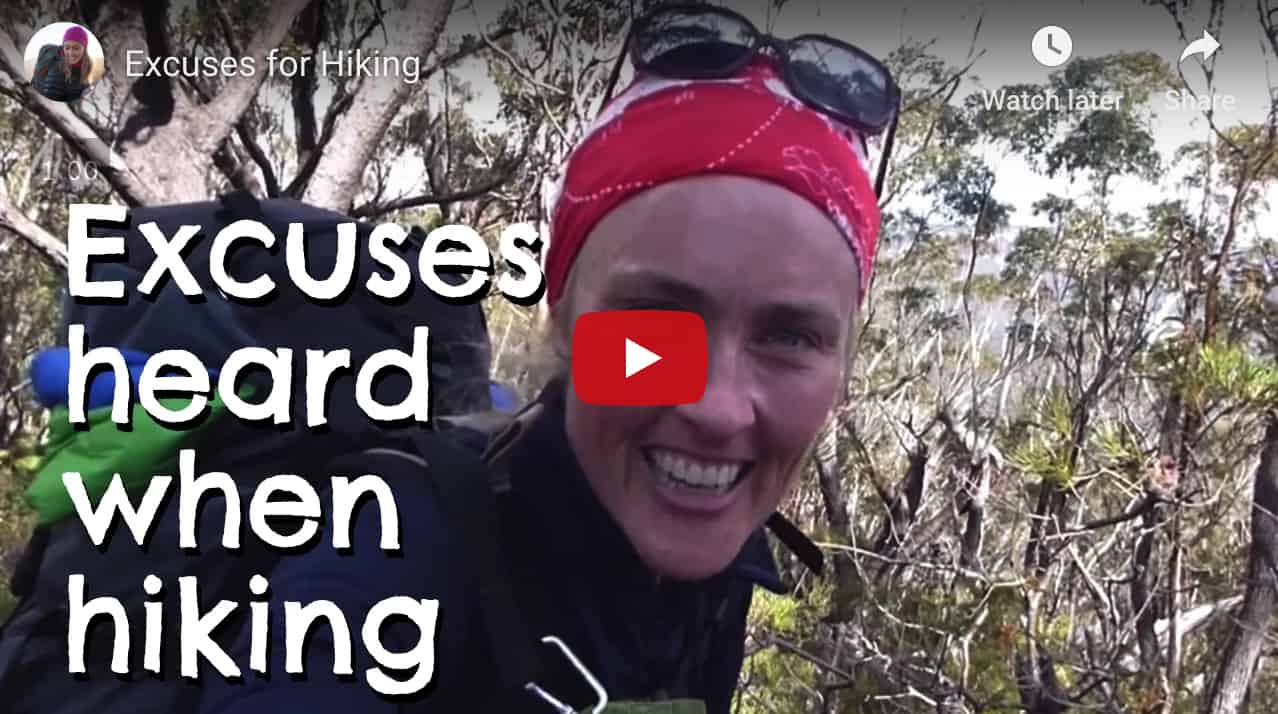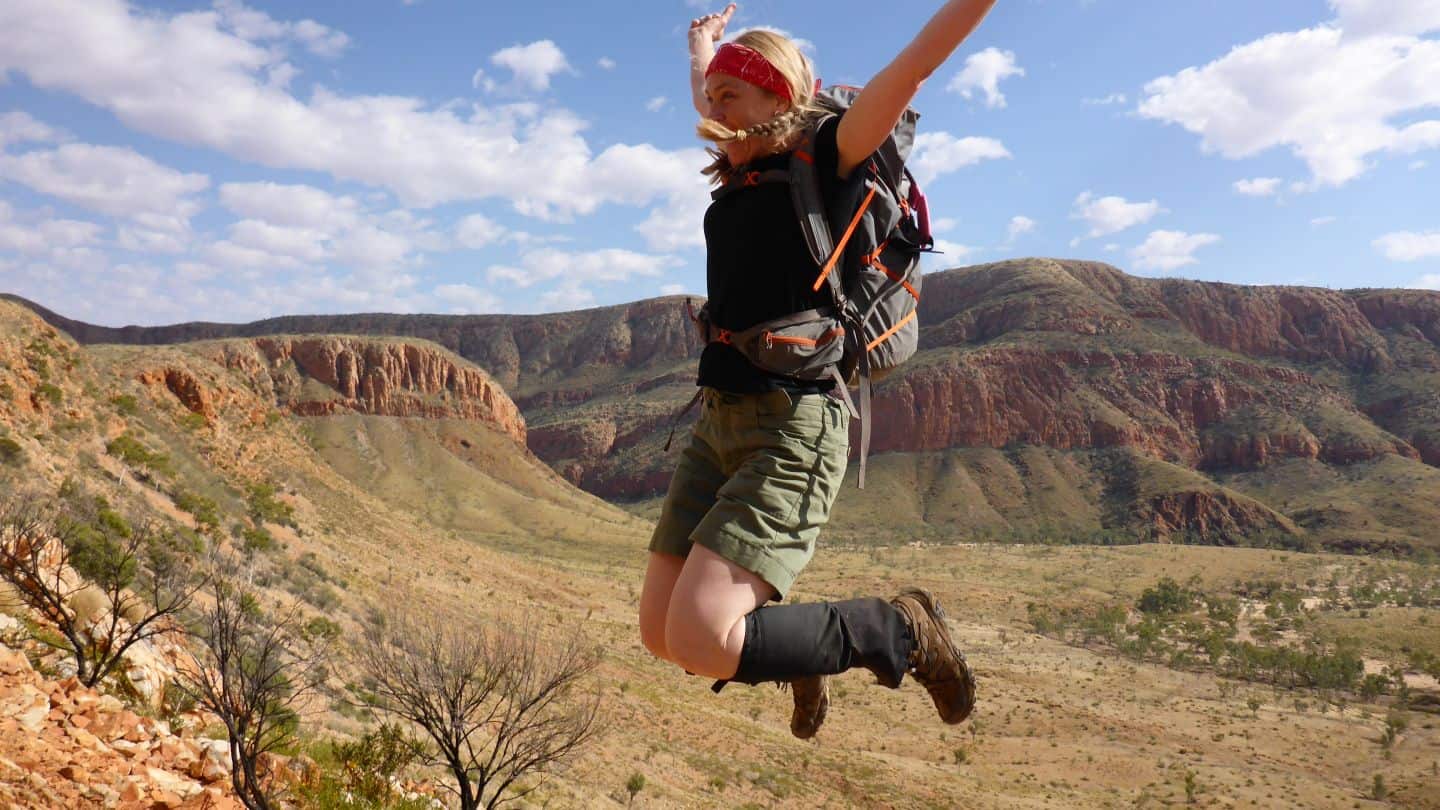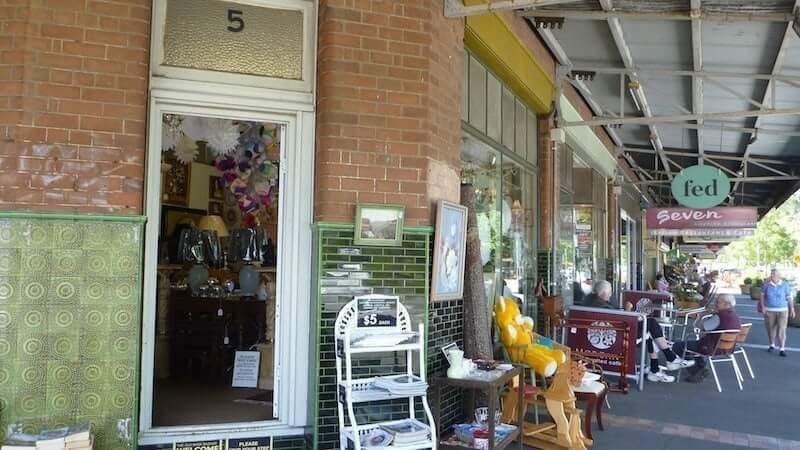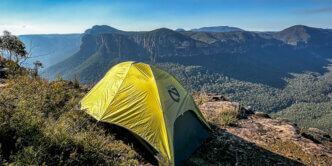As outdoorsy types, our health and fitness – the ability to walk further, up steeper hills and for longer days – is something that is always on my mind. It’s not just for those of us who have a hiking goal in mind, like an epic overseas trekking adventure, but for our everyday being… those weekly forays into bushland that’s close by to reconnect to nature, to stillness and to spend time amongst green leafy giants.
Something that I’m constantly staggered by, is how on one hand our bodies can be incredibly resilient and strong when faced with physical trauma. And then, on the other hand, because of an event or freak accident, the swiss cheese effect comes into play, where all the holes line up and the veil between breathing and not breathing becomes paper thin.
It’s true, we never think it could happen to us.
As part of DonateLife Week, I chatted with Michelle Daley and heard her story. How a healthy, fit, sporty and active 35 year old woman went from a life centred around physical activity, to suddenly and unexpectedly, finding herself needing an organ donor.
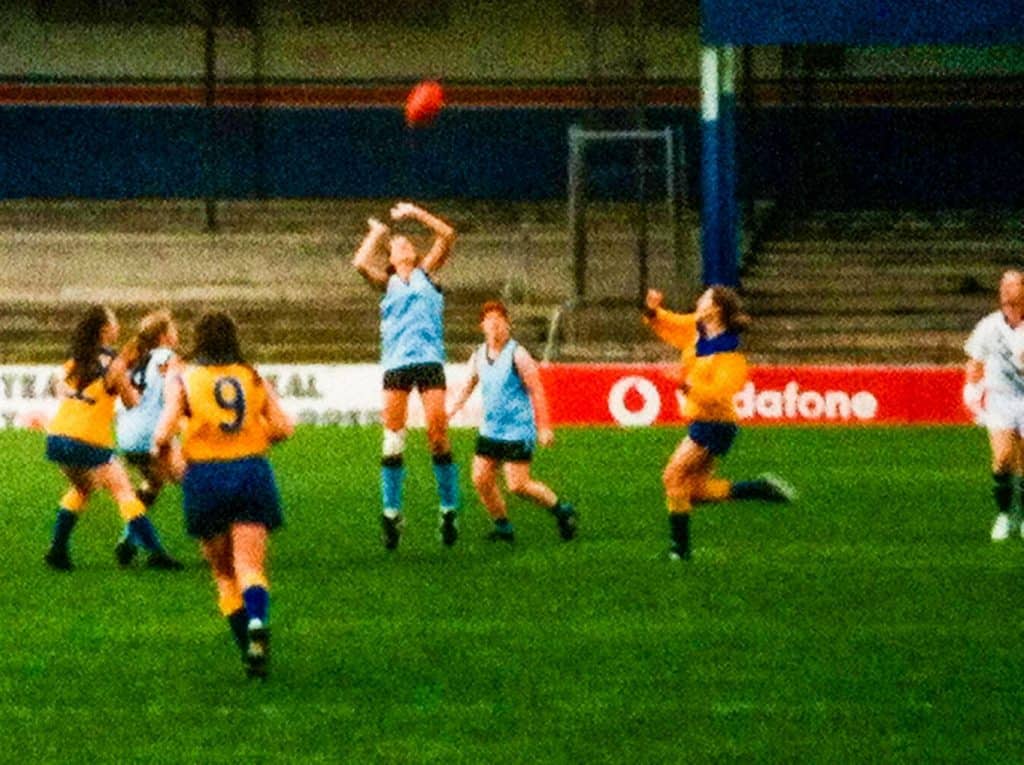
1. Explain to me what your life looked like in 2002 and how important physical activity/sport and being fit was to you.
In 2002 I was a fit and healthy 35 year old, in a committed relationship, enjoying an active life playing sport, and working full time in workplace health promotion – a new career move that I’d leapt into the previous year after thirteen years as a high school teacher.
Physical activity has been part of my ‘being’ since I can remember. I was an active, sporty kid competing in athletics, swimming and playing team sports since the age of seven. I was intent on making physical activity a central part of my working life too, so I trained to be a Physical Education teacher hoping to inspire the next generation to love physical activity as much as I did!
I’m one of those people who can’t function without exercise. If I’m feeling stressed, or can’t concentrate I get back on track after a good workout. I was always open to trying a new sport too, so when the Sydney Women’s AFL got off the ground in 2000, I was keen to give it a go, playing my first season in 2001 with lots of great friends. It was heaps of fun, and required a high level of fitness, though I copped quite a few bruises from the full contact!
2. You were doing everything right in terms of fitness, health and nutrition, so what went wrong?
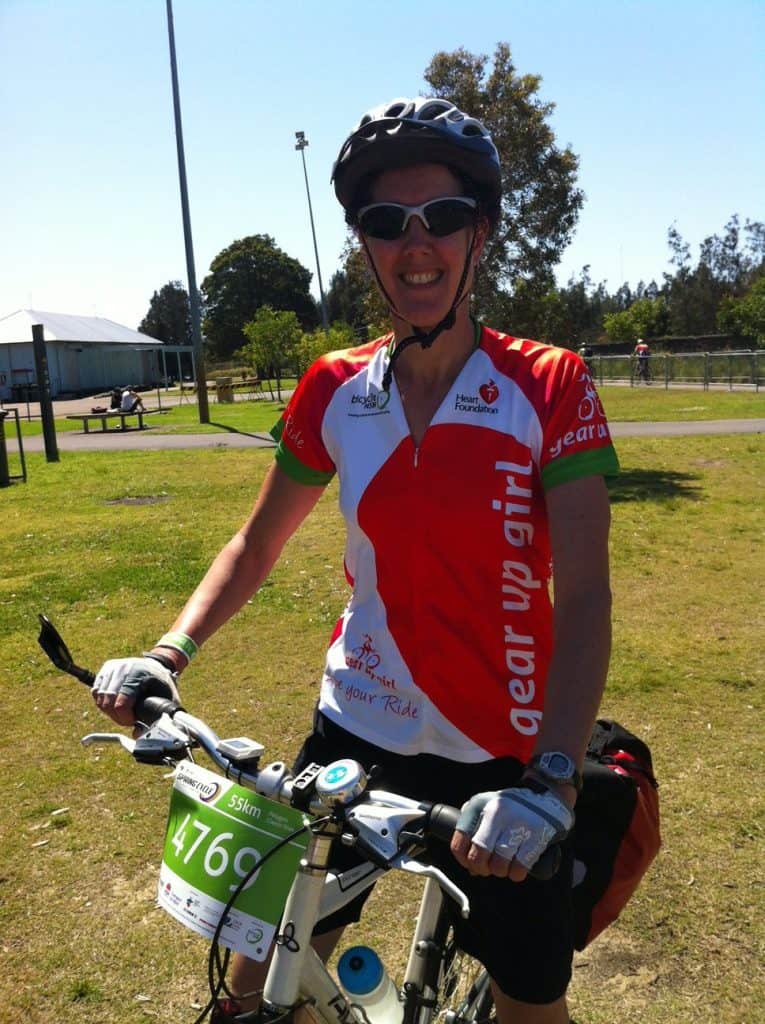
During the first round match of my second season of Aussie Rules in April 2002, I had a freak accident. I went in for a tackle on my opponent, and we both landed on the ground with a big thud. On impact, I felt a sudden, sharp pain in my side that literally took my breath away – for a moment anyway. I felt like I landed on my opponent’s elbow, with nothing to brace myself as my arms were wrapped around her and the ball. I just thought I was badly winded, so I left the field for a breather. The pain subsided, and I went back on the field, played out the match and didn’t give it another thought.
The next night though I developed abdominal pain, which became unbearable and I ended up at Royal Prince Alfred Hospital. After numerous tests, the news came back that I had ruptured my liver! After initial surgery a week later to remove the damaged part, I gradually improved. The liver is a remarkable organ in that it can usually grow back if part of it is removed. This seemed to do the trick initially, but a week later I suddenly went into liver failure and respiratory arrest. At this stage my only option for survival was an urgent liver transplant. Without one, I would not live another day.
Incredibly, I received a donated liver that night, but it wasn’t a very healthy organ. It was still a life saver though, as it kept me alive until another transplant two days later, which was very lucky timing again. The second liver has been part of me now for the past fourteen years and has been the most amazing gift I have ever received. I am so thankful to both of my donors and their families for saving my life.
3. Had you ever thought about organ donation before you needed one yourself?
Yes, I had thought about organ donation, and I had already told my partner and family that if anything ever happened to me, I’d like my organs and tissue donated. I had never considered that I would be the one needing the organ. In fact I knew very little about transplantation until I woke up in intensive care having had two liver transplants without knowing it! My story shows that you never know whether you may be impacted by organ donation and anyone can find themselves needing a transplant.

4. What’s the question you get asked the most about your new liver?
The question that seems to pop up is whether I can still drink alcohol? Shows where our national priorities lie! The answer is yes; I can because I have excellent liver function (after abstaining for the first year or so after transplant). I do keep it moderate though, out of respect for the gift I have been given. Quality over quantity!
5. What was recovery like for you and how has it affected the ways in which you can be active now? Are you still involved in sport / health / fitness?
To be honest recovery was tough for me. I had a contrasting experience to many transplant recipients who are extremely unwell leading into transplant, but then feel so much better afterwards. I was very healthy just two weeks before transplant, but due to three major surgeries in quick succession and the high doses of immunosuppressive medication after transplant, I became very unwell. I lost a lot of weight, couldn’t eat, and picked up many infections, some of them life threatening. It took four months in hospital to be well enough to go home, and I was off work for nine months. But I realised how lucky I was to have received two organs in three days, despite the initial setbacks. Many others die while waiting for a transplant.
The road back to physical activity was very slow and steady, starting with getting strong enough to stand and walk again, then gradually climb a few stairs. I can still recall the joy of my first bike ride, eight months after transplant (on the back of a tandem, doing very little work) and my first swim back in the ocean, which was more like a bob up and down!

Gradually I upped the ante and got back into regular fitness training and (non-contact) sport. Along the way I discovered the Australian and World Transplant Games, which are a unique celebration of the gift of life, as well as a way to encourage transplant recipients to lead an active and healthy life. I set myself a goal to compete at the Australian Games in Canberra in 2010 in cycling, swimming and volleyball. Then I trained harder and competed in Newcastle in 2012, adding athletics into the mix, after ‘hanging up my spikes’ some twenty years earlier. Then in 2013 I had the privilege of competing at the World Transplant Games in Durban South Africa, coming away with five gold medals and four world transplant records in swimming and athletics. This year the national games are being held in Western Sydney and I plan to compete in six sports over the week of competition.
So ironically, my transplant experience has opened up a whole new sporting world, and the chance to represent Australia overseas. I have also joined a Masters Swimming Club and compete throughout the year. I now work for the Heart Foundation in an Active Living role, which merges my passion with my career.
6. What’s the key message you’d like to share about organ donation during this DonateLife Campaign?
Organ donation is the greatest gift of all – it is both a life changer and a life saver. Transplant recipients go on to live healthy and productive lives but sadly many people will die while waiting for a transplant. You can help end the wait by joining the Australian Organ Donor Register and then telling your loved ones about your wishes.
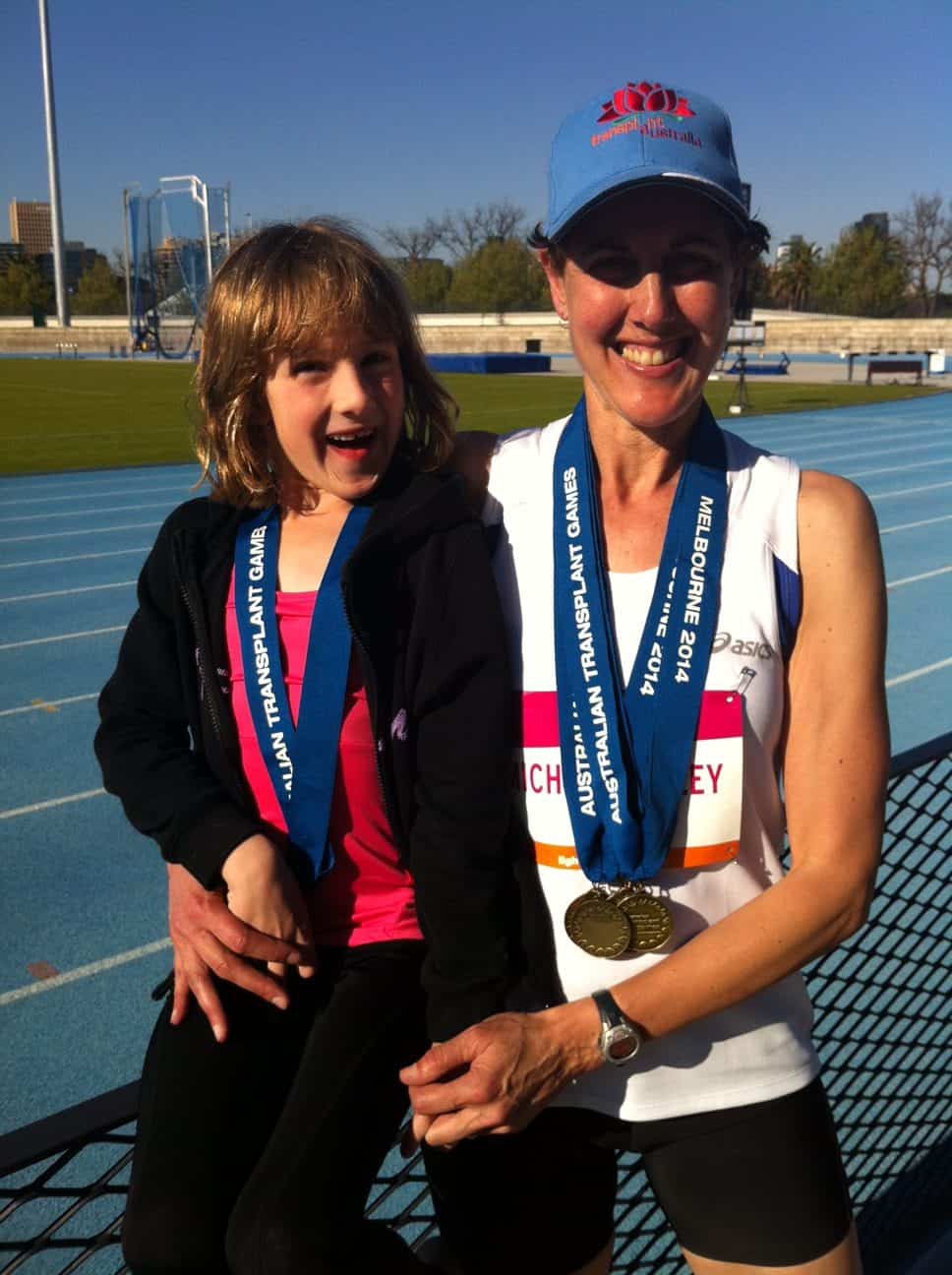
7. How else can people support or get involved with organ donation?
The Australian Transplant Games being held in Western Sydney in September are a great opportunity to show your support for organ donation and get involved in the celebration of life. There are public events, including a fun run, triathlon and dragon boat race. It would be great to see you there! To register or find out more visit: www.australiantransplantgames.com/


